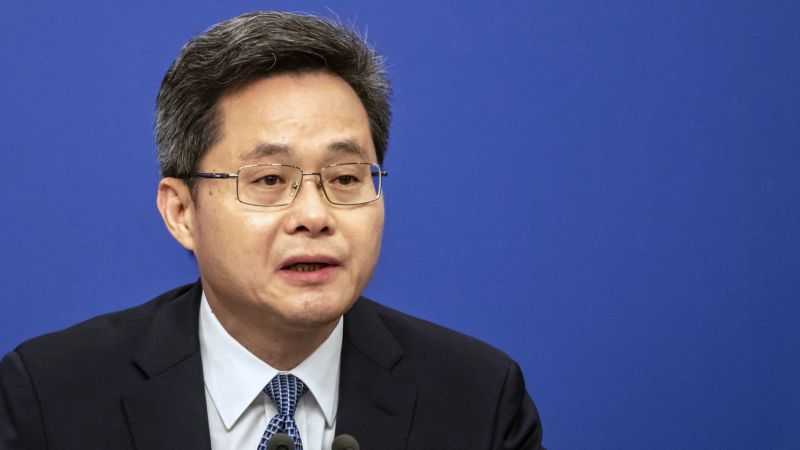In an effort to bolster their struggling economy, China is planning to increase government debt issuance to provide subsidies to those with low incomes, support the property market, and replenish state banks’ capital. Finance Minister Lan Foan stated that there will be more “counter-cyclical measures” this year, without specifying the size of the fiscal stimulus being prepared. The country faces deflationary pressures due to a property market downturn and weak consumer confidence, highlighting its reliance on exports in a challenging global trade environment.
Economic data in recent months has fallen below forecasts, sparking concerns among economists and investors about achieving the government’s growth target for the year. Despite expectations for further weakness in September data, the chairman of China’s state planner expressed confidence in meeting the growth target. Speculation about fiscal stimulus measures has been intense, especially after a sense of urgency was signaled by the Communist Party’s top leaders in September. While Chinese stocks rose following the announcement, nerves set in due to the lack of detailed plans for additional spending.
Reports suggest that China plans to issue special sovereign bonds worth approximately $284.43 billion this year, with half allocated to help local governments tackle debt issues and the other half for subsidies and allowances. Additionally, China is considering injecting capital into state banks to boost their capacity to support the economy. Approval from the rubber-stamp parliament is required for additional debt issuance, but details are expected in the coming weeks. The central bank has also implemented aggressive monetary support measures, including steps to revive the property sector.
Despite recent measures to support the economy, analysts emphasize the need for China to address structural issues such as boosting consumption and reducing reliance on debt-fueled infrastructure investment. Much of China’s fiscal stimulus goes towards investment, leading to declining returns and significant debt for local governments. Efforts will be made to help local governments resolve debt issues, with unused funds and debt quotas available for spending in the remaining months of the year. Household spending in China remains low compared to the global average, emphasizing a need for increased consumption.
Concerns about low wages, high youth unemployment, and a weak social safety net have impacted household spending in China, which lags behind the global average. An average pay decrease was reported in major cities, reflecting challenges in the job market. Companies like Ikea have called for further stimulus to help offset the effects of the property crisis on their businesses. Despite economic challenges, the government’s focus on fiscal stimulus and debt issuance aims to bolster the economy and support growth in the face of various pressures.













